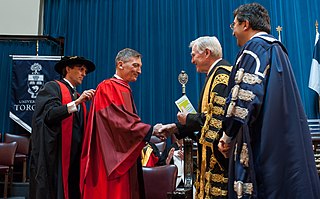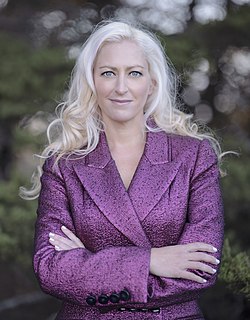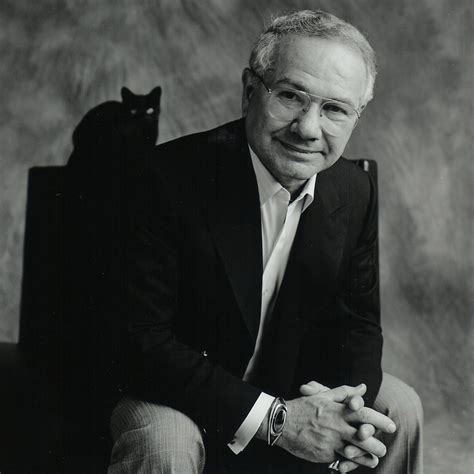A Quote by Jacqueline Novogratz
For too much of history, we've viewed the world's precious resources - both environmental and human - as things to extract, to make the most of in order to maximize their potential.
Related Quotes
We surely stand at the threshold of a great adventure of the human spiritó a new synthesis of knowledge, a potential integration of art and science, a deeper grasp of human psychology, a deepening of the symbolic representations of our existence and feelings as given in religion and culture, the formation of an international order based on cooperation and nonviolent competition. It seems not too much to hope for these things.
Can we disregard the growing phenomenon of "environmental refugees", people who are forced by the degradation of their natural habitat to forsake it - and often their possessions as well - in order to face the dangers and uncertainties of forced displacement? Can we remain impassive in the face of actual and potential conflicts involving access to natural resources? All these are issues with a profound impact on the exercise of human rights, such as the right to life, food, health and development.
[Suburbia] represents, after all, the greatest misallocation of resources in the history of the world. We built it during our most affluent period of history, and in the decades to come we will be comparatively destitute collectively. In short, we will not have the resources to retrofit most of suburbia.
The Arts are fundamental resources through which the world is viewed, meaning is created, and the mind developed. To neglect the contribution of the Arts in education, either through inadequate time, resources, or poorly trained teachers, is to deny children access to one of the most stunning aspects of their culture and one of the most potent means for developing their minds.
In times of widespread chaos and confusion, it has been the duty of more advanced human beings--artists, scientists, clowns and philosophers--to create order. In times such as ours, however, when there is too much order, too much management, too much programming and control, it becomes the duty of superior men and women to fling their favorite monkey wrenches into the machinery. To relive the repression of the human spirit, they must sow doubt and disruption.
The steep ride up the and down the energy curve is the most abnormal thing that has ever happened in human history. Most of human history is a no-growth situation. Our culture is built on growth and that phase of human history is almost over and we are not prepared for it. Our biggest problem is not the end of our resources. That will be gradual. Our biggest problem is a cultural problem. We don't know how to cope with it.
I don't even know in American educational history classes how much of D-Day, World War II, all of that is taught versus how much of it is just ignored or looked back on with mockery or insincerity or what have you. But it was one of the most crucially important events in all of human history in terms of the preservation of freedom and liberty and the notion of democracy and things associated with it.
Human life is an extension of the principles of nature, and human civilization is a venture extrapolated out of human natures: man and his natural potential are the root of the entire human domain. The great task of all philosophizing is to become competent to interpret and steer the potential developmental forces in human natures and in the human condition, both of which are prodigiously fatalistic.
Human history has become too much a matter of dogma taught by 'professionals' in ivory towers as though it's all fact. Actually, much of human history is up for grabs. The further back you go, the more that the history that's taught in the schools and universities begins to look like some kind of faerie story.



































